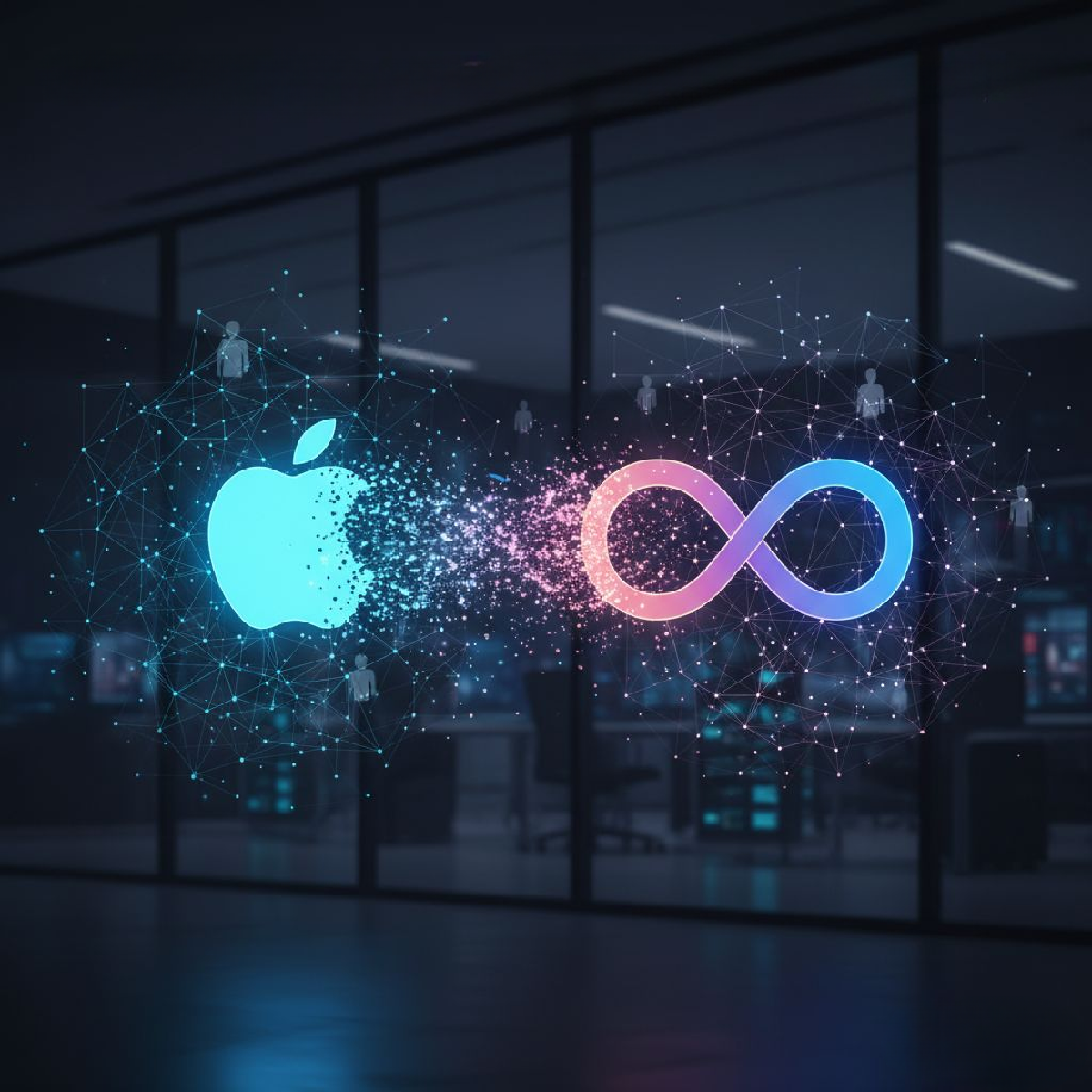Meta just hired a senior AI executive from Apple. These high-profile talent moves are signals about company priorities, competitive positioning, and where the AI race is actually being fought.
Why This Matters#
Top AI talent is scarce. People who can lead research organizations, ship products, and navigate the messy intersection of capability and responsibility are rare. Companies compete aggressively for them.
When Meta pulls someone from Apple, it means: they offered compelling compensation, interesting problems, and organizational support. And Apple was willing to let them go, which might mean their role was limited or the executive saw better opportunities elsewhere.
The Strategic Context#
Meta has been cutting costs aggressively while simultaneously claiming AI is their future. Those two initiatives create tension. Hiring expensive AI leadership while laying off other teams signals where resources are actually flowing.
Apple has been quieter on AI than competitors but they’re deeply invested. Machine learning powers Siri, Photos, chip design, and increasingly iOS features. Losing talent to Meta suggests Meta’s AI pitch is resonating despite Apple’s resources.
The Talent War Reality#
Tech companies don’t just compete on products. They compete on: who gets to work on interesting problems, who has resources to pursue ambitious ideas, and which organizations are actually shipping versus researching indefinitely.
Meta’s pitch is probably: we’re deploying AI at massive scale across products touching billions of users. That’s more appealing than “we might eventually put this in a product” which characterizes too much AI research.
What It Means for Meta#
One executive doesn’t transform a company. But high-profile hires signal priorities to the market, employees, and investors. Meta wants people to know they’re serious about AI and willing to invest despite broader cost discipline.
Whether that executive can actually improve Meta’s AI capabilities depends on organizational support, resource allocation, and whether Meta gives them room to execute. Plenty of talented people get hired into companies where they can’t effectively operate.
What It Means for Apple#
Apple losing AI talent should concern them. They have advantages: consumer trust, integrated hardware, massive deployment at scale. But culture matters. If Apple’s AI org isn’t giving talented people room to work effectively, they’ll keep losing people to competitors.
Apple’s traditional product secrecy and conservative deployment strategy might not fit AI’s iterative, ship-and-learn approach. That cultural friction costs talent.
The Bigger Picture#
The AI talent war is happening at every level. Not just executives. Researchers, engineers, product managers. Companies that can attract and retain talent will win. Those that can’t will struggle regardless of capital or distribution advantages.
Talent goes where problems are interesting and impact is visible. Right now, that calculus is shifting quickly.
Stay updated: Follow Meta AI research for their latest work.


